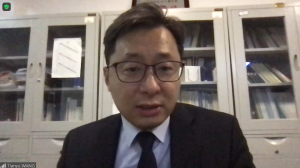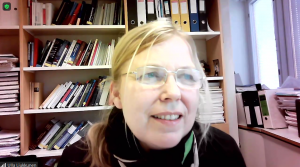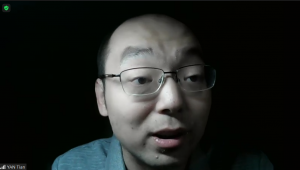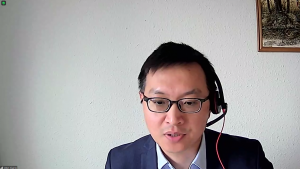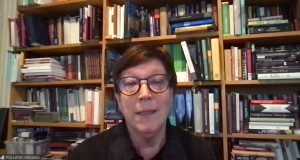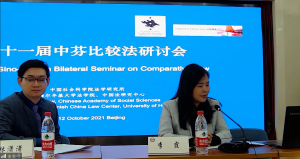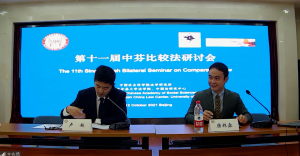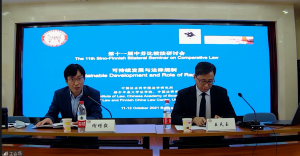On 15 March 2022, the Finnish China Law Center organized the online mini seminar titled ‘Chinese Perspectives on Public International Law’. The speakers were Yifeng Chen, Associate Professor at Peking University Law School and Björn Ahl, Professor and Chair of Chinese Legal Culture at the University of Cologne.
The seminar began with Professor Yifeng Chen’s presentation on “Conceiving Infrastructures as Governance: China and the Belt and Road Initiative (BRI)” which highlighted the implications of BRI infrastructure projects on regional and international governance. Professor Chen noted that infrastructures such as ports, special economic zones, highways, railways, and airports are heavily invested in since they are important in terms of connection, integration, as well as circulation of goods, knowledge, and power. Infrastructures are embedded in social arrangement and economic life. Thus, it is a strong embodiment of China’s standards and politics. He further explained the economic, political and social influences of the BRI infrastructure projects on host states and communities affected by the projects as well as their role in the establishment of a multilateral governance blueprint.
In his presentation on “Chinese Positions on Global Constitutionalism, Community of Common Destiny for Mankind and the Future of International Law”, Professor Björn Ahl emphasized that global constitutionalism is not only a hermeneutic device for understanding new developments in international law, but also represents a political agenda that argues for the further constitutionalization of international law. In a similar vein, the Chinese concept of a community of common destiny for mankind provides ideas for forward-looking political action to shape international law. He went on to discuss Chinese legal discourses and government statements that relate to elements of global constitutionalism and the community of common destiny to identify the values and structures of the future international legal order envisaged by China.




